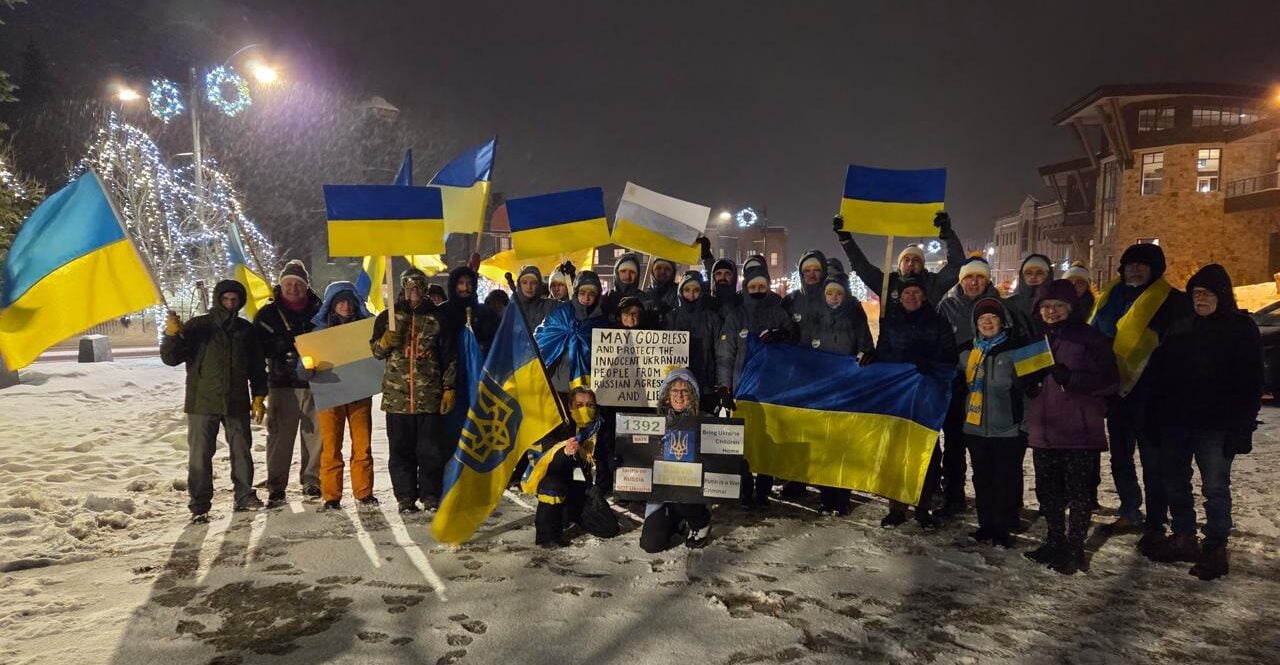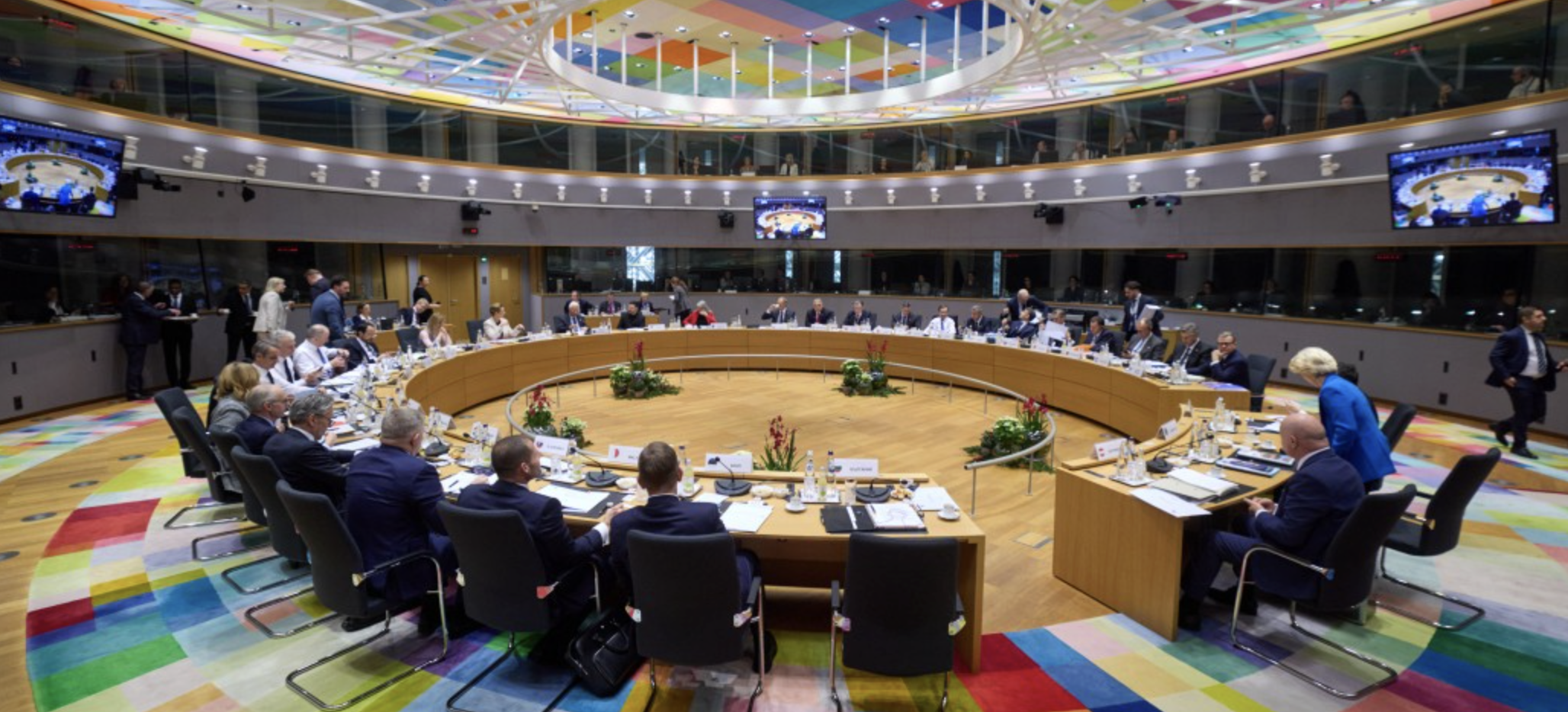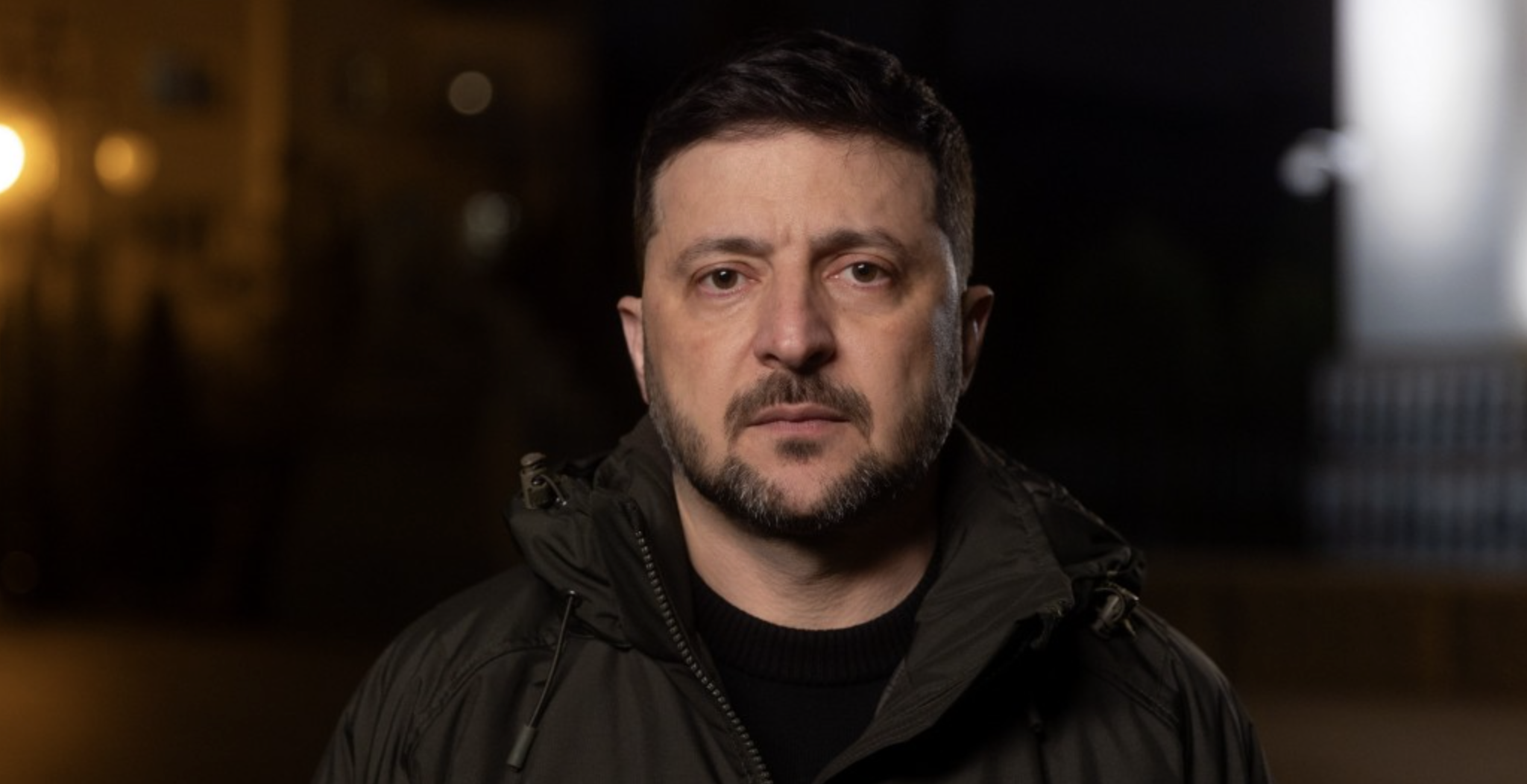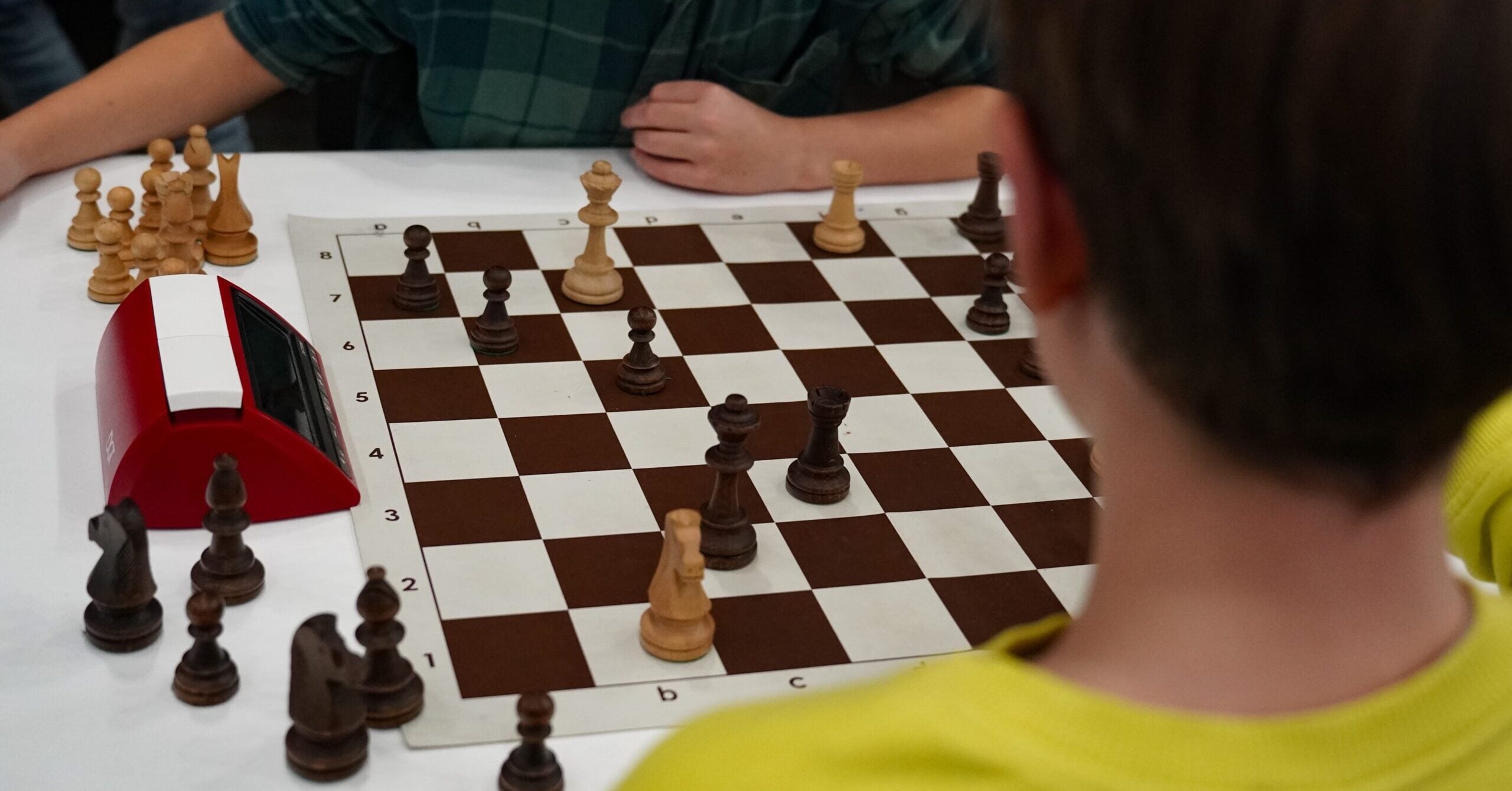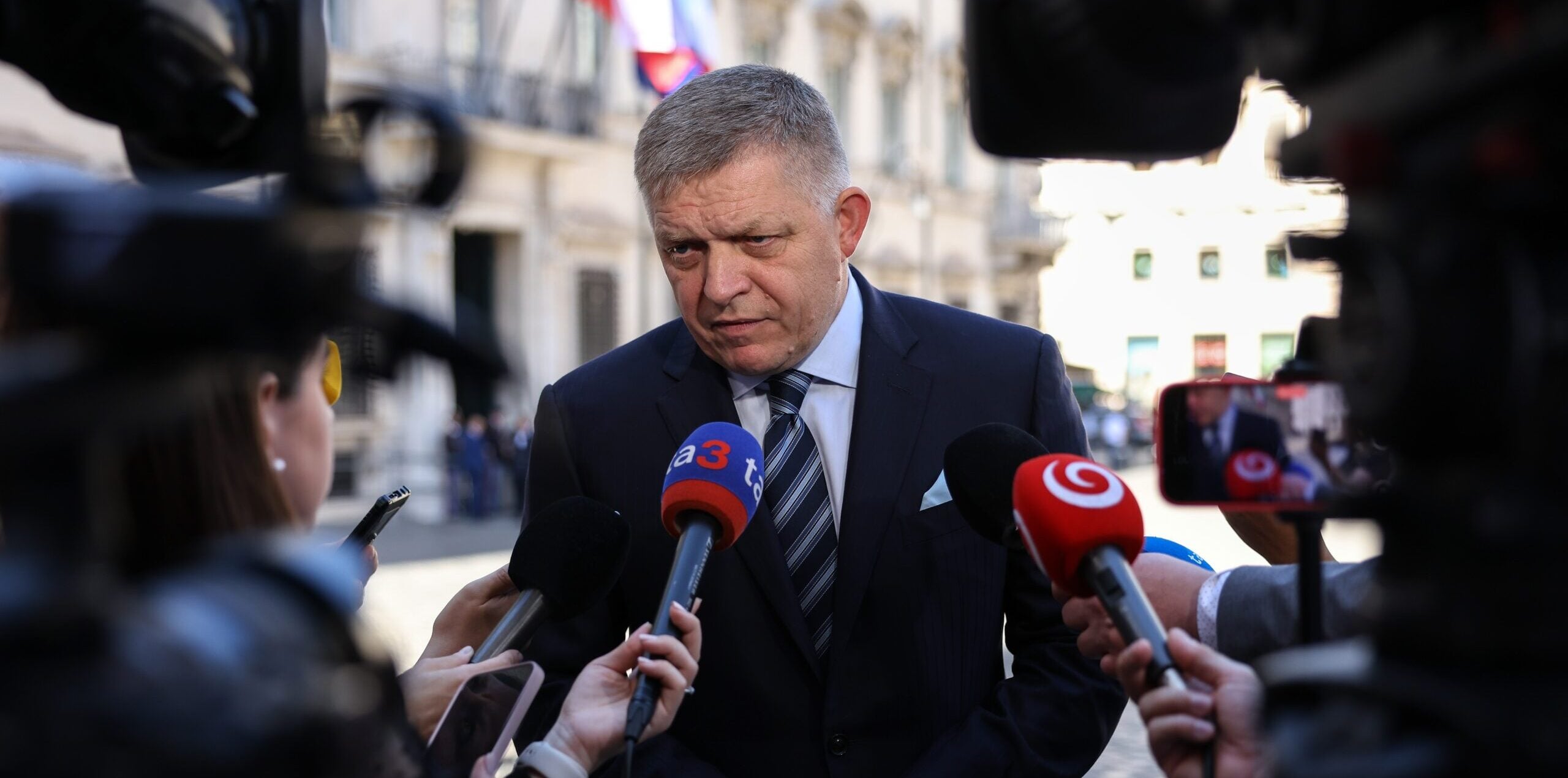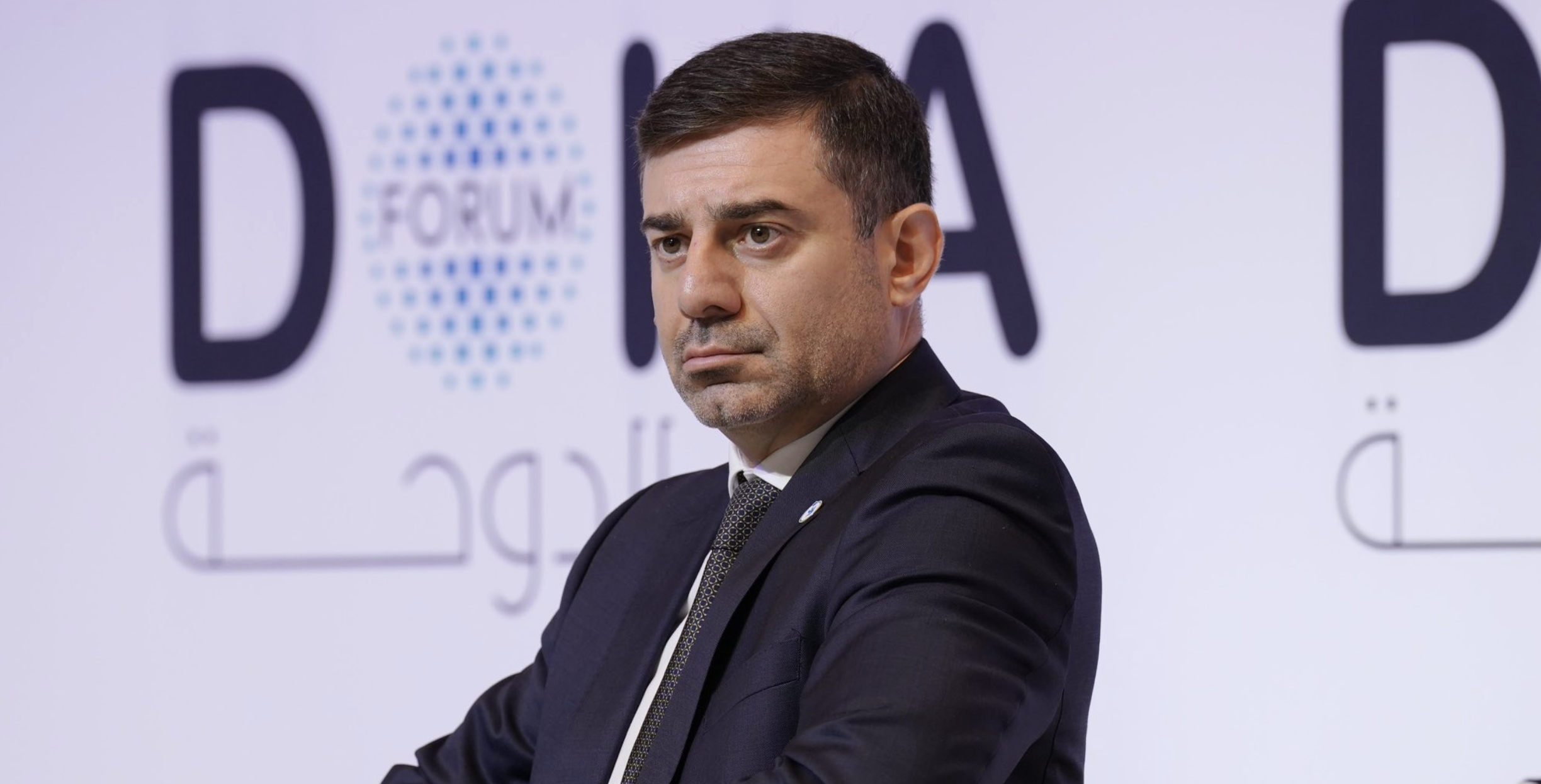
February 9, 2011
PRESS RELEASE
UKRAINIAN WORLD CONGRESS SENDS LETTER TO OSCE HIGH COMMISSIONER ON NATIONAL MINORITIES REGARDING HIS ASSESSMENT OF THE DRAFT LAW “ON LANGUAGES IN UKRAINE”
On February 9, 2011 Ukrainian World Congress (UWC) President Eugene Czolij sent a letter to the High Commissioner on National Minorities of the Organization for Security and Co-operation in Europe (OSCE), Knut Vollebaek, regarding his assessment of the Draft Law “On Languages in Ukraine” which was sent to the Head of Ukraine’s Parliament Volodymyr Lytvyn.
In this letter, UWC expressed its agreement with the High Commissioner on many of his comments, particularly the following, which support the status of the Ukrainian language as the only State language of Ukraine pursuant to Article 10 of its Constitution:
10. […] it is important to note that any weakening of the State or official language(s) runs contrary to the spirit of the ECRML [European Charter for Regional or Minority Languages]. The protection and promotion of regional and minority languages should not be at the expense of the State or official language(s). Similarly, this is also expressed in Articles 5(2) and 14(3) of the Framework Convention for the Protection of National Minorities (FCNM) concerning general integration policies and education respectively.
13. The State language can be an effective tool in ensuring cohesion. Consequently, promoting the use of the State language constitutes a legitime State interest. Moreover, knowledge of the State language is also beneficial to persons belonging to national minorities. Having a command of the State language increases the opportunities for effective participation in society at all levels. This requires that persons belonging to national minorities are given and make use of the opportunity to learn the State language. All members of society, including persons belonging to national minorities, may be expected to use the State language in certain communicative situations in the public domain, as specified by law. To put it differently, there is no right of persons belonging to national minorities never to be expected to use the State language. As the ECRML explicitly states: “the protection and encouragement of regional or minority languages should not be to the detriment of the official languages and the need to learn them.” […]
57. […] the Draft Language Law is likely to weaken the State language as an effective tool in ensuring social cohesion. In public administration, the provisions of the Draft Language Law introduce a system in which Russian would enjoy excessive benefits, elevating it de facto to an official language across most of Ukraine’s territory and reducing incentives to use the State language. In the field of education, provisions foreseen by the Draft Language Law would have a negative effect on the motivation of children to learn the State language and thus fail to ensure a balance between the goal of preserving and developing minority identities and languages on the one hand and that of promoting proficiency in the State language on the other hand. In the area of media, the provisions foreseen by the Draft Language Law may seriously undermine the use of the State language.
UWC President Eugene Czolij and the OSCE High Commissioner on National Minorities, Knut Vollebaek, met officially on December 13, 2010 in The Hague, Netherlands.During this meeting, among other things,the UWC President raised the issue of the elevating of the Russian language in Ukraine to the detriment of the development of the Ukrainian language as the State language.
“The Ukrainian World Congress reminds Ukrainian authorities that Article 10 of the Constitution of Ukraine clearly stipulates that the Ukrainian language is the only State language in Ukraine and urges them to refrain from considering the Draft Law “On Languages in Ukraine”, which degrades the Ukrainian language,” stated UWC President Eugene Czolij.
Ukrainian World Congress
145 Evans Ave., #207
Toronto, ON
M8Z 5X8 Canada

